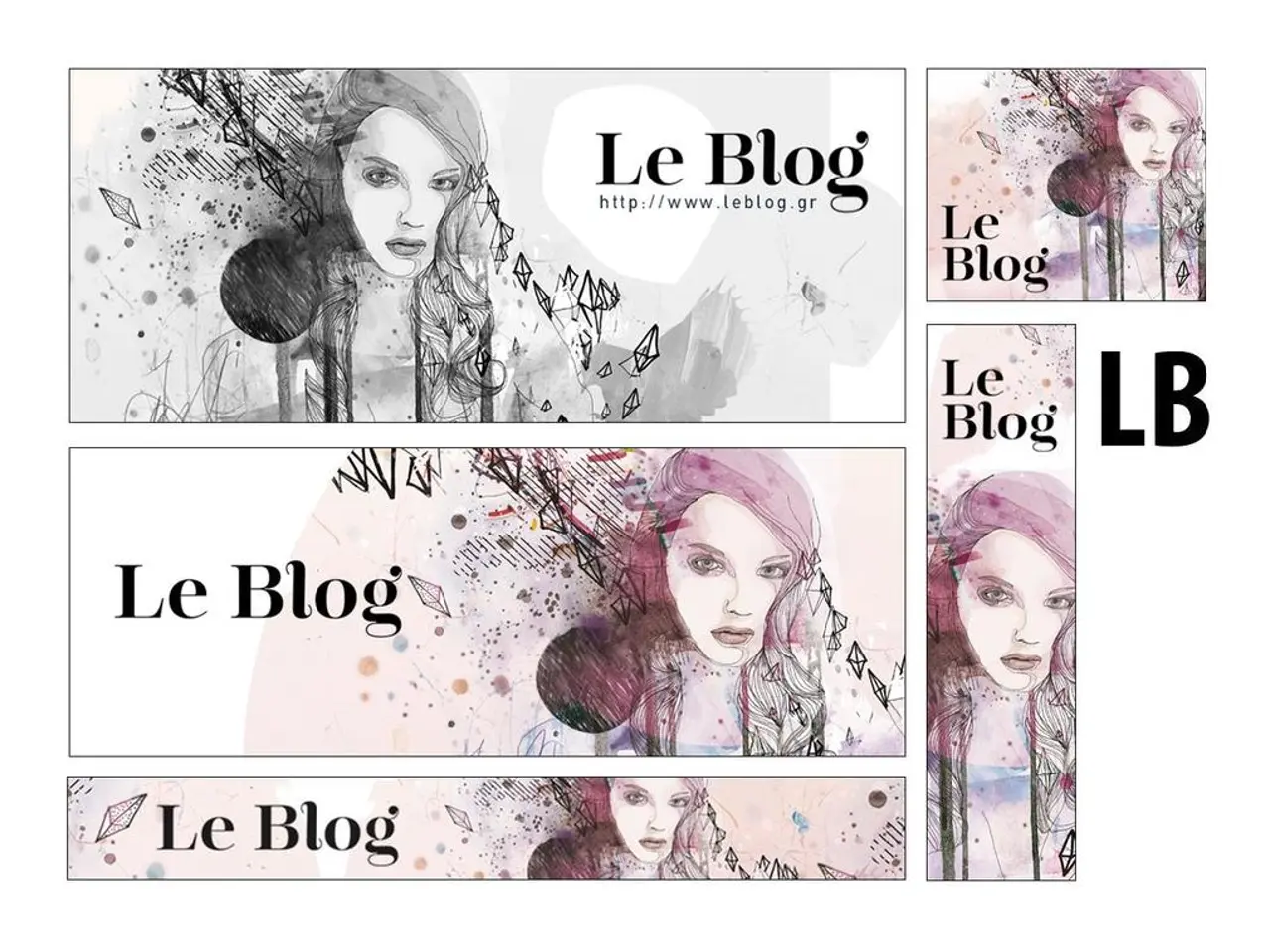Bankruptcy of Linq Raises Questions About the Durability of Tokenized Assets in the Web3 Realm
In the ever-evolving world of Web3, the recent bankruptcy of Linqto serves as a cautionary tale for trustless, transparent systems. The financial entity, with estimated assets and liabilities each ranging between $500 million and $1 billion, has raised significant concerns about tokenized assets and ownership in the Web3 space.
At the heart of these concerns lies the fact that Linqto allowed retail investors to purchase shares in private companies, such as Ripple, through investment vehicles structured as series LLCs rather than directly owning the shares themselves. This means customers had indirect stakes, not direct ownership, in the underlying companies.
The bankruptcy filing cited "serious defects in the corporate formation, structure, and operation of the business" that question what customers actually own. The legal and operational structure behind these tokenized or securitized assets was unclear, creating uncertainty and risk for investors about their true ownership rights and protections.
Linqto also failed to maintain adequate compliance systems, including accreditation verification and proper securities law adherence. This non-compliance exacerbated the issues and prompted regulatory investigations by the SEC, underscoring how tokenized asset platforms can face complex regulatory and legal challenges that might imperil investor interests.
The situation reflects broader industry concerns where tokenized private shares or assets are offered without clear, direct legal ownership or regulatory clarity. For example, Robinhood’s tokenized OpenAI shares have come under scrutiny because the tokens did not represent actual equity and were not approved by the underlying company, raising similar ownership ambiguities.
Experts warn that such platforms carry deep risks for investors who may believe they own direct or secure interests when in fact they hold indirect tokens or shares with unclear rights, potentially exposing them to loss especially in insolvencies or restructurings like Linqto’s.
In summary, Linqto’s bankruptcy serves as a reminder of the importance of regulatory clarity in the crypto space. It highlights the need for clearer legal structures, robust compliance mechanisms, and better investor education to ensure the promises of Web3 tokenized assets do not result in loss or confusion about ownership rights.
The U.S. Securities and Exchange Commission (SEC) has launched an investigation into Linqto, with regulators examining whether Linqto's former executives misrepresented the nature of investments and whether the company permitted ineligible investors to buy securities. The bankruptcy proceedings could impact more than 10,000 creditors, and the legitimacy of Linqto's ownership claims over the Ripple shares has been questioned due to the company's structure.
Meanwhile, the Shiba Inu ecosystem, rather than mimicking the old system, aims to build something better. Shibarium, part of the Shiba Inu ecosystem, is exploring the future of tokenized real-world assets and decentralized private investments, with a focus on true ownership and access earned through community, not confusion.
This article is for informational purposes only and does not constitute financial advice.
References:
[1] The Block (2021). Linqto's bankruptcy: What it means for tokenized assets. [online] Available at: https://www.theblockcrypto.com/linked/108158/linqto-bankruptcy-what-it-means-for-tokenized-assets
[2] CoinDesk (2021). Linqto bankruptcy highlights risks in tokenized assets. [online] Available at: https://www.coindesk.com/business/2021/07/12/linqto-bankruptcy-highlights-risks-in-tokenized-assets/
[3] Decrypt (2021). Linqto's bankruptcy raises questions about tokenized assets. [online] Available at: https://decrypt.co/69416/linqto-bankruptcy-raises-questions-about-tokenized-assets
[4] Ripple (n.d.). CEO Brad Garlinghouse on Linqto. [online] Available at: https://ripple.com/news/ceo-brad-garlinghouse-on-linqto/
[5] SEC (n.d.). Investigation into Linqto. [online] Available at: https://www.sec.gov/litigation/investmentcomp/ia-5684
- The bankruptcy of Linqto, a company that offered tokenized shares in private companies like Ripple, has sparked concerns about the ownership rights and protections of investors in the Web3 space. The legal and operational structure behind these tokenized assets was unclear, leading to uncertainty and risk.
- Meanwhile, in contrast to platforms like Linqto, the Shiba Inu ecosystem, through its upcoming project Shibarium, aims to focus on true ownership and access earned through community in the tokenization of real-world assets and decentralized private investments. This reflects a desire to build something better in the Web3 world.




